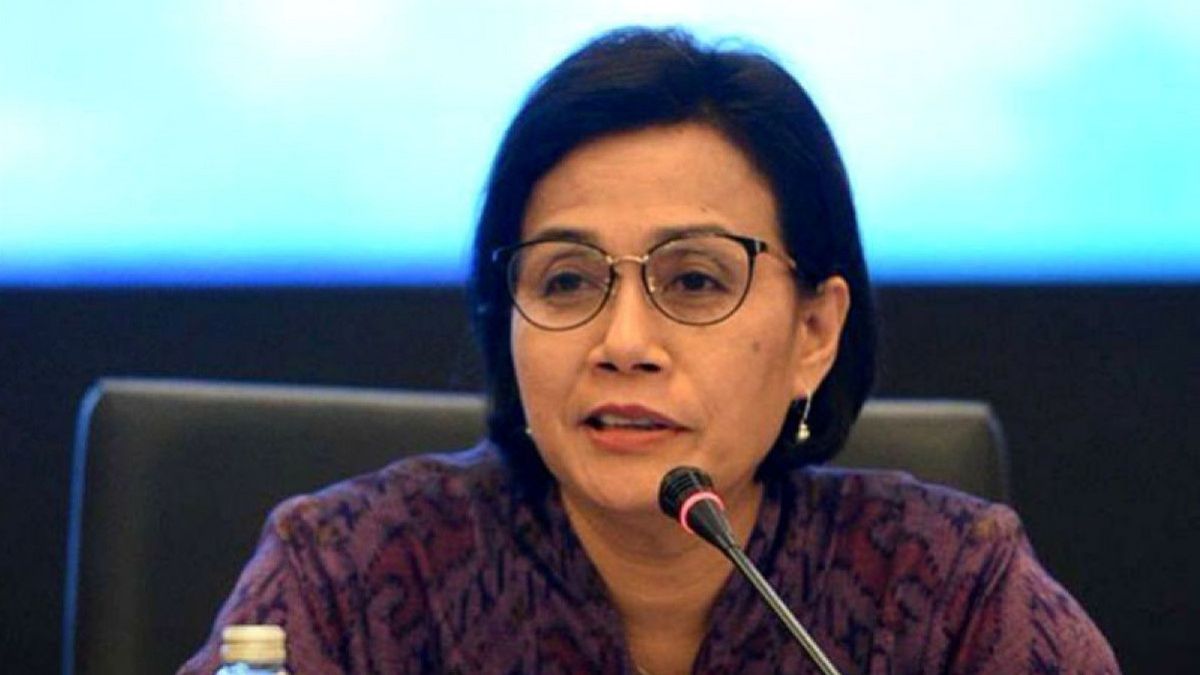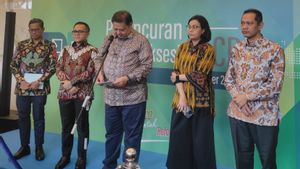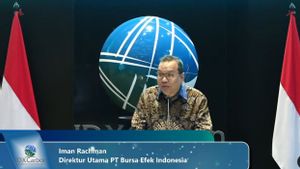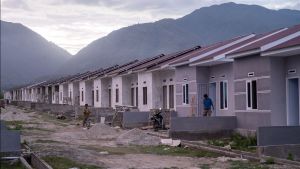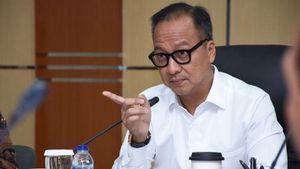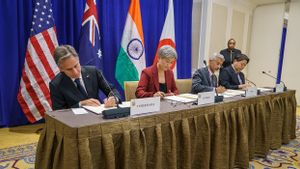JAKARTA - Indonesia has started the process of adjusting regulations in an effort to become a member of the Organization for Economic Cooperation and Development (OECD) countries where this stage of access will use the OECD Accession portal platform as a form of transparency and can be monitored together.
Finance Minister Sri Mulyani Indrawati said the accession process was carried out by 26 committees with more than 200 regulatory and policy indicators that must be met with the standard-standard OECD rules.
"The Ministry of Finance also has more than six aspects that are directly related to us, namely from starting with the financial sector, committees related to the financial sector, then pension funds, insurance, and also two others, such as the environment as well as for support for Governance and for MSMEs," he said.
Sri Mulyani explained that her party continues to reform and adjust to OECD standards, such as the management of the APBN, fiscal, taxation, spending, financing and reforming of the financial sector, one of which is by issuing Law Number 4 of 2023 concerning the Development and Strengthening of the Financial Sector (UU P2SK) in the process for its implementation.
"The Ministry of Finance continues to carry out reforms that have been carried out in our own hands such as APBN management, fiscal, taxation, spending, financing, and financial sector reforms through the P2SK Law which is now in the process for its implementation," he said.
Sri Mulyani emphasized the importance of adjusting the rules according to OECD standards, because Indonesia must immediately adjust its regulatory standards so that it can be equivalent to OECD countries.
"So a lot of people who are included in the OECD have actually been included in the reforms we are working on. But now for benchmarking and of course with reference, best practices from many countries will make us able to continue to measure the progress we are making. We are ready to do and later enter this platform (PORTal Accession OECD) will be transparent and can also be monitored together," he said.
SEE ALSO:
As for tax reforms, one of them is the implementation of Global Minimum Tax (GMT) or Global Minimum Tax where the OECD tariff is recommended at 15 percent.
"For GMT, this is a process, we will prepare it later. I don't know about that (Wealth Tax), we'll check it later," said Head of the Fiscal Policy Agency (BKF) of the Ministry of Finance Febrio Nathan Kacaribu.
The English, Chinese, Japanese, Arabic, and French versions are automatically generated by the AI. So there may still be inaccuracies in translating, please always see Indonesian as our main language. (system supported by DigitalSiber.id)
